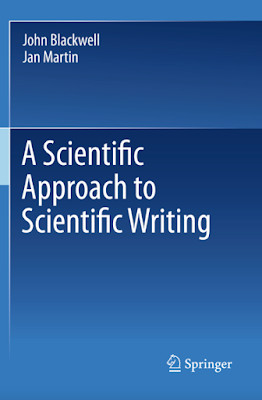Doctoral courses are slowly being modernized. Now the thesis and viva need to catch up.
On the morning of Tom Marshall's PhD defence, he put on the suit he had bought for the occasion and climbed onto the stage in front of a 50-strong audience, including his parents and 6 examiners. He gave a 15-minute-long presentation, then faced an hour of cross-examination about his past 5 years of neuroscience research at the Donders Institute for Brain, Cognition and Behaviour in Nijmegen, the Netherlands. A lot was at stake: this oral examination would determine whether he passed or failed. “At the one-hour mark someone came in, banged a stick on the floor and said 'hora est',” says Marshall — the ceremonial call that his time was up. “But I couldn't. I had enjoyed the whole experience far too much, and ended up talking for a few extra minutes.”
Marshall's elaborate, public PhD assessment is very different from that faced by Kelsie Long, an Earth-sciences PhD candidate at the Australian National University (ANU) in Canberra. Her PhD will be assessed solely on her written thesis, which will be mailed off to examiners and returned with comments. She will do a public presentation of her work later this year, but it won't affect her final result. “It almost feels like a rite of passage,” she says.
Read more: What’s the point of the PhD thesis?
Source: nature




